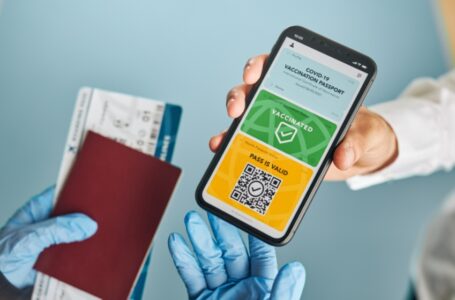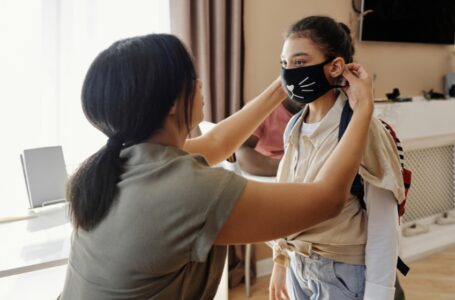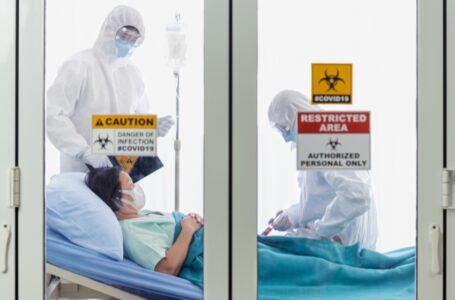Mistakes that can escalate your mild COVID case into a severe one
Fortunately, for many who get coronavirus, their symptoms will be classified as mild. The good news is they will be able to stay at home and recover in full. Unfortunately, an estimated 20% of people who have the virus will develop more severe symptoms, and hospital care may be necessary. Bruce Aylward, assistant director-general with the World Health Organisation, said serious problems begin when COVID spreads to the lungs. When that happens, the disease can accelerate from moderate to severe “very, very quickly”, he said. While there is an emphasis on early diagnosis and starting treatment promptly, false negatives spread doubt in the testing phase. Therefore, you need to be mindful of mistakes people make. As Indians, we are acutely reminded of the surge in Covid cases in our birth country. These key points are worth remembering:
- An early diagnosis and timely treatment must be emphasised to combat COVID effectively; time is a crucial part of any viral infection.
- People who test positive for COVID – not seeking medical advice from a doctor or qualified medic can leave you exposed to health deterioration and infecting others.
- Denial is a dangerous mistake, exposing yourself and others. Educate yourself on the symptoms, and do not dismiss any health issue as an allergic reaction. If you think you may have COVID or been exposed to it, get tested!
- Do not procrastinate. Your COVID test must be performed as soon as possible. Early detection will prevent you from infecting others and allow you to address symptoms quickly. This can be the difference in life or death.
- Steroid are used to reduce inflammation and severity symptoms in hospitalisation. Please note that the use of steroids is rare and not needed in most cases. Many people in India have been reported to be self-treating with unprescribed steroids leading to instances of Black Fungus.
- Track all your vital signs. If you can watch your SP02 levels and fever, do so. Small shifts such as a decrease in oxygen levels may need addressing. Also, if your fever does not dissipate by Day 3, call the doctor immediately.
- We are all aware of the demands on the testing services but do not wait around to get tested.
Of course, COVID has been with us for over a year now, so we are all hyper-alert to the transmissibility. Remember to use a facemask, sterilise your hands, and keep a safe distance where applicable. If you have symptoms, attend to them quickly as you have a duty to others in your community. Moreover, you have an obligation to yourself to get better.







